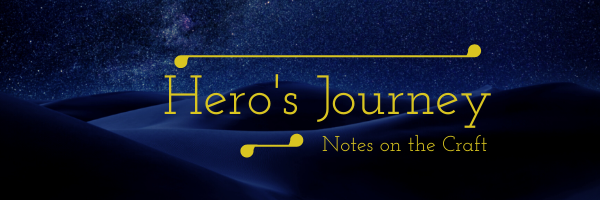In the world of fantasy fiction, the most chilling villains are often those who seem eerily reminiscent of the darker aspects of human nature. This is where understanding psychology’s “Dark Triad” can help authors create antagonists of frightening depth and complexity. The Dark Triad comprises three personality traits—Narcissism, Machiavellianism, and Psychopathy—that intertwine to form a volatile psychological profile.
Narcissism: The Insatiable Ego
A narcissistic villain is driven by egomania, craving constant validation and admiration. Despite an outward projection of confidence, they conceal fragile self-esteem requiring endless external bolstering. Their grandiose self-image distorts their worldview, fueling exploitative behaviors and a belief in their own exceptionalism. However, when facing threats to their ego, narcissistic characters can become dangerously volatile.
This emotional precariousness makes for unpredictable, manipulative antagonists. Consider Joffrey Baratheon from Game of Thrones, whose narcissistic tyranny leads to conflict and tragedy. His clash between delusion and reality creates tension and complexity.
Machiavellianism: Ruthless Strategy
The Machiavellian villain is a cunning strategist, adept at deception and emotional detachment. Unlike narcissists, they are not impulsive but calculate each move meticulously to benefit themselves. Their cold logic allows them to orchestrate elaborate schemes involving intricate manipulations and moral compromises. They will enact their strategies by any means necessary, unburdened by guilt.
Machiavellian antagonists generate suspense through their unpredictable, elaborate scheming. Their lack of conscience produces ethical dilemmas and clashes with more virtuous characters. Petyr “Littlefinger” Baelish from Game of Thrones exemplifies this trait. His intricate plotting creates far-reaching consequences, making him dangerously compelling.
Psychopathy: The Embodiment of Evil
A psychopathic villain represents the darkest margins of human morality. They exhibit a disturbing lack of remorse along with impulsivity, selfishness, and violence. Devoid of empathy or ethical constraints, they pursue their self-interest through heinous acts, unperturbed by collateral damage. More calculating than mere sociopaths, psychopathic antagonists often orchestrate their cruelties meticulously.
The inclusion of a truly psychopathic villain pushes other characters to their moral and emotional limits, acting as a dangerous catalyst. Their capacity for atrocity makes them both revolting and fascinating. For example, the sadistic Ramsey Bolton from Game of Thrones serves as a horrifying personification of evil against which other characters are tested.
The Volatile Dark Triad
Individually, each Dark Triad trait can create complex antagonists. But their most volatile combinations allow characters to amplify one another’s worst tendencies. The narcissist’s ego may drive Machiavellian schemes executed psychopathically. Psychopathy removes inhibitions restraining narcissistic and Machiavellian impulses. This amalgamation fosters exploitative, destructive behavior of the highest order.
Yet when crafting such villains, balance is essential. Subtle dark hints make characters more compelling than pure evil archetypes. The environment and other characters also influence how these traits manifest. Although fundamentally dangerous, even Dark Triad villains should evoke some nuance or empathy.
The Dark Triad in Epic Fantasy
Incorporating the Dark Triad creates opportunities to explore moral ambiguity while challenging heroes in profound ways. A Machiavellian advisor whispering in the king’s ear can generate tension and conflict. A psychopathic warlord terrorizing kingdoms can set the stage for an epic quest.
But such archetypically malevolent traits may seem controversial in fantasy meant for younger audiences. In this case, exploring lighter versions of these traits may be prudent. A narcissistic yet redeemable bully or a manipulative schemer who ultimately assists the hero can provide the right dose of moral complexity without going overboard into the darkest territories.
In the end, the Dark Triad traits, used judiciously, produce robust villains who feel disturbingly real. They force characters and readers alike to confront the more sinister facets of human nature, making for riveting tales with high emotional stakes. Give your antagonists the egomania of a narcissist, the cunning of a Machiavellian, and the ruthlessness of a psychopath, and watch them transform from mere fictional foils into chilling reflections of the darkness potentially lurking within us all.
Want to know more? Check out Chapter 2 of my free online book Fantasy Mindscape: Breathing Life into Characters Through Psychology.
Last Modified: 10/05/2023
